
How Long Do Shrooms Stay in Your System and Can They Cause a Failed Drug Test Result?
Shrooms, magic mushrooms, psilocybin, whatever you call them—they’ve earned their spot as the cool, mystical fungi that can take you on a journey through vibrant
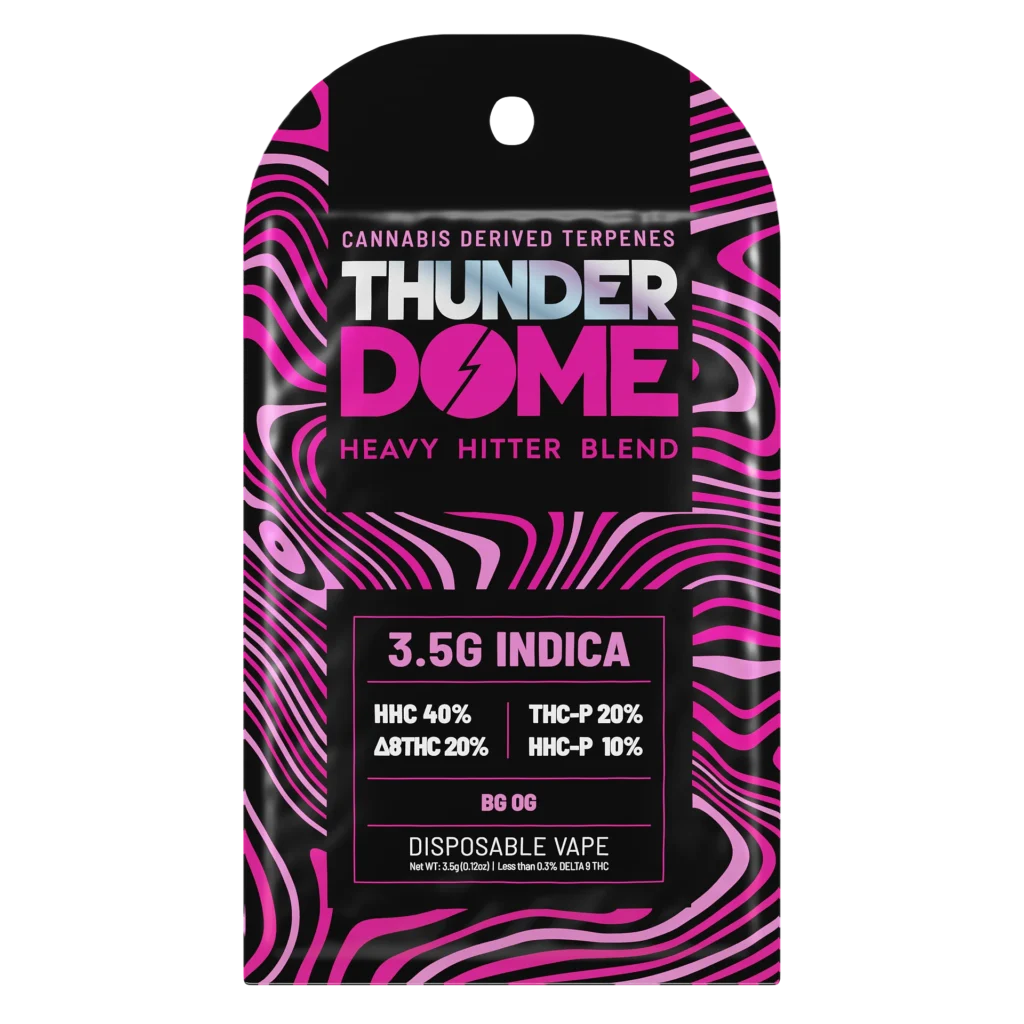

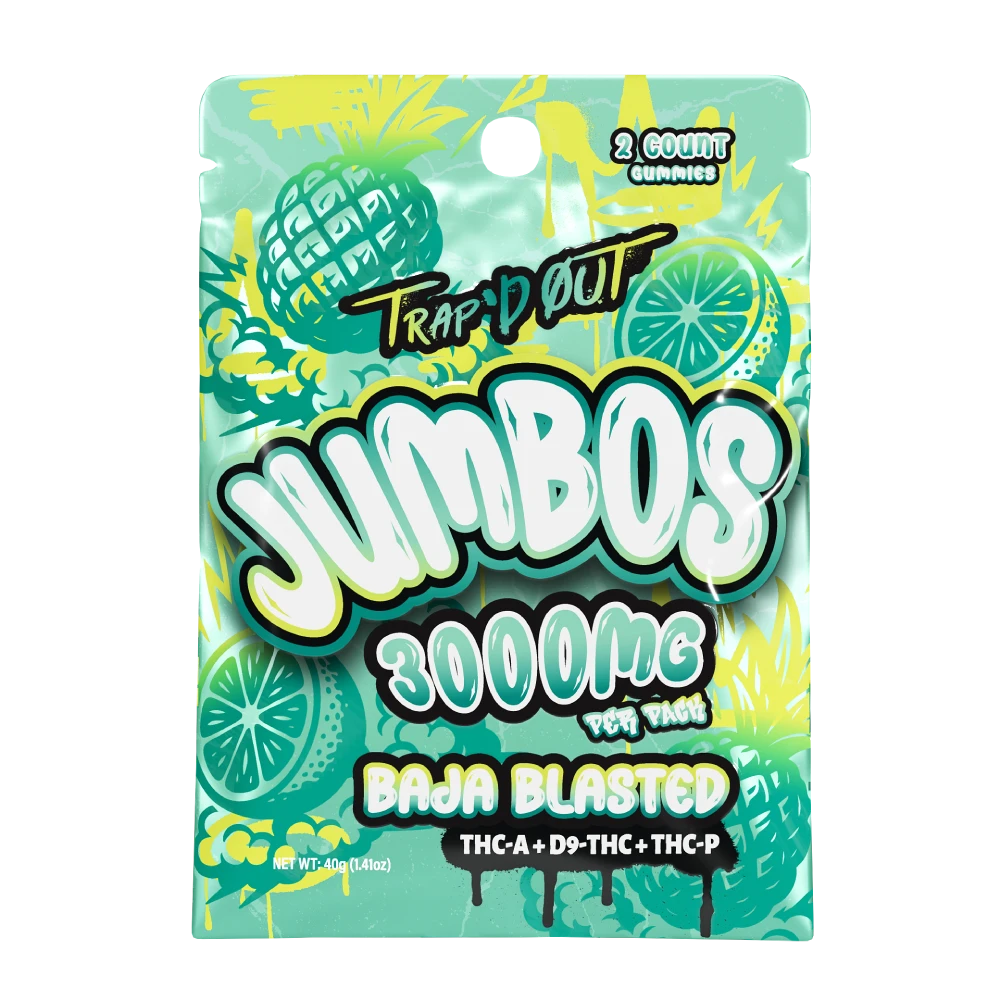
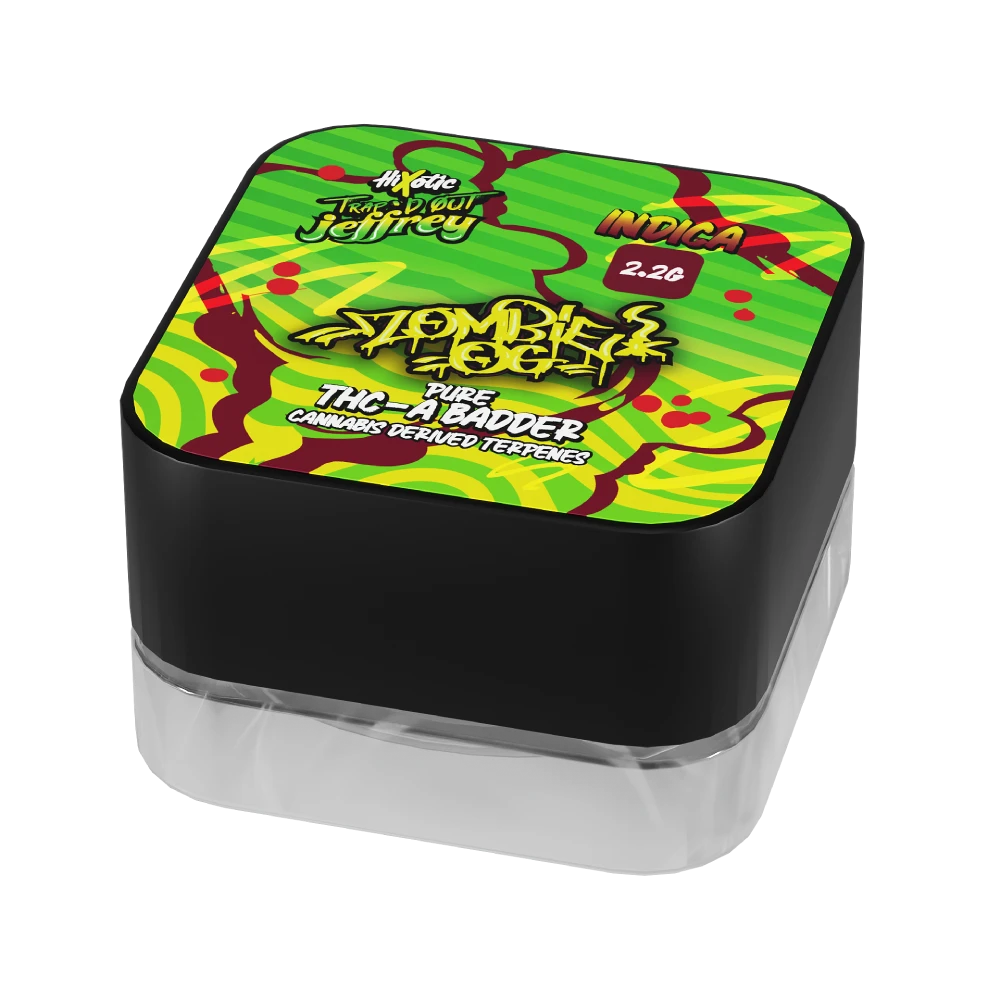
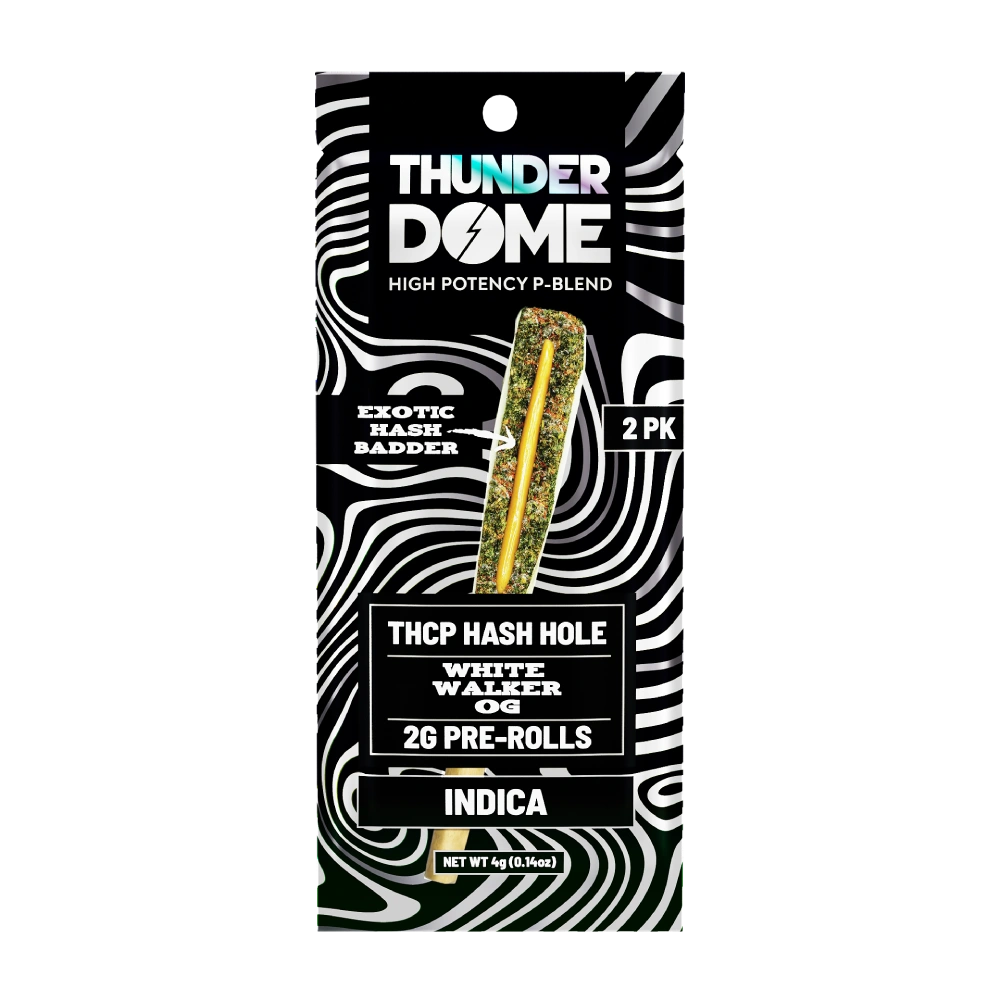
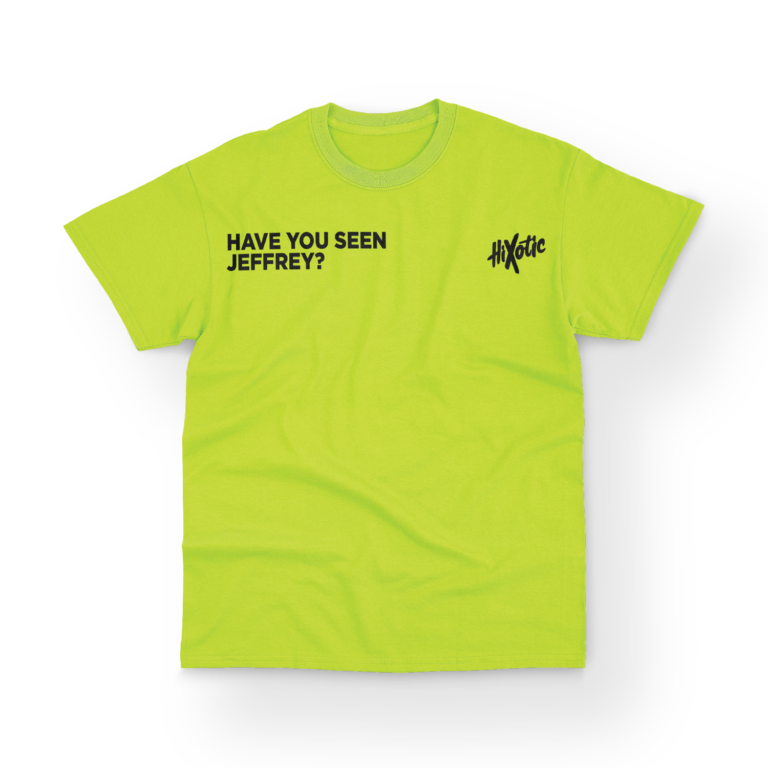

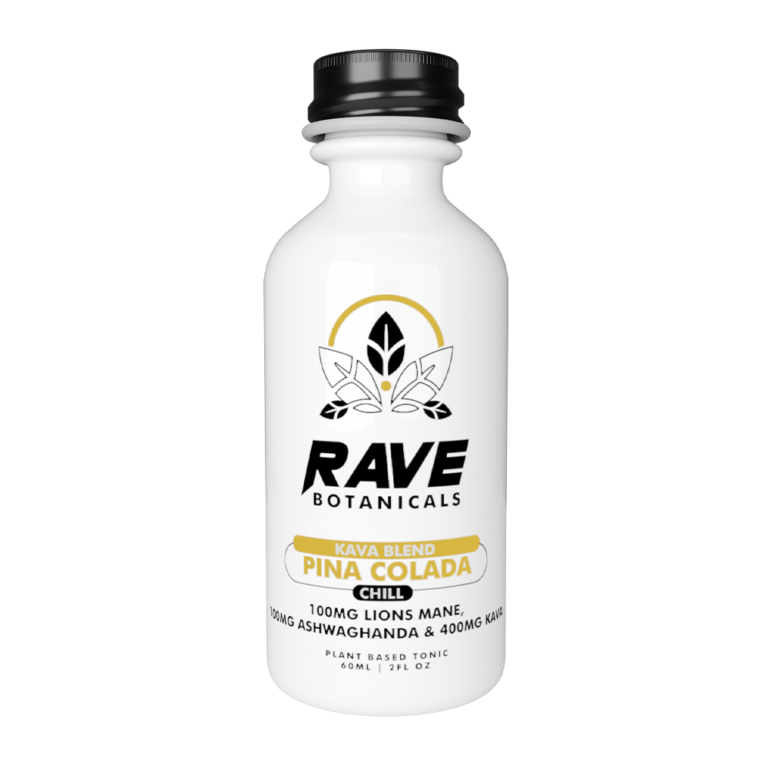
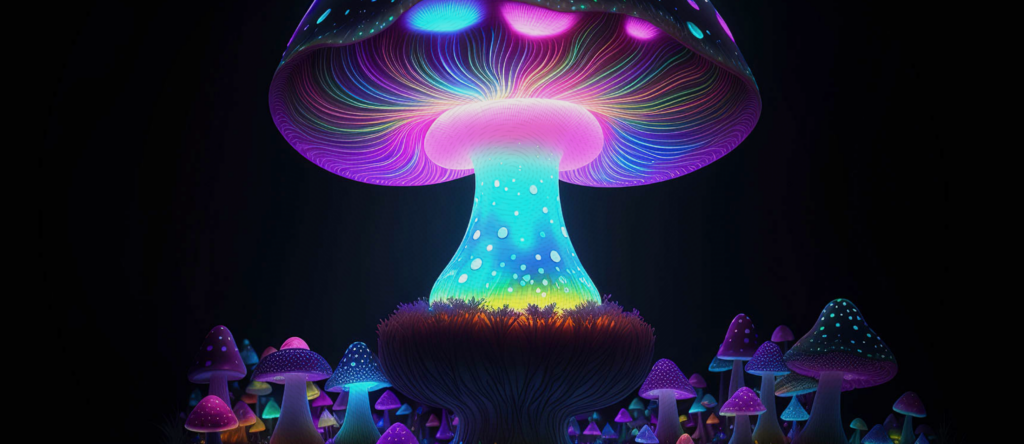
Shrooms, magic mushrooms, psilocybin, whatever you call them—they’ve earned their spot as the cool, mystical fungi that can take you on a journey through vibrant landscapes and cosmic revelations. But for all the psychedelic excitement they bring, there’s a lingering question: how long do shrooms stay in your system, and could they land you in hot water on a drug test? Let’s dive into the science, the myths, and some truths, all while keeping the fun vibes rolling.
Before we get into the nitty-gritty of how long shrooms hang out in your system, let’s do a quick recap on what makes these little fungi so special. Magic mushrooms contain a compound called psilocybin, a psychedelic substance that, when consumed, is converted into psilocin in the body. Psilocin is the magical key that unlocks the trippy, mind-expanding effects that shrooms are famous for—think vivid colors, altered perceptions, and deep introspective thoughts.
However, while the trip might last only a few hours, the metabolites of psilocybin stick around for a bit longer, and that’s what we need to talk about. After all, nobody wants to be caught off guard with a failed drug test—especially when the journey is over, but the evidence might still be lurking in your system.
The million-dollar question: how long do these magical fungi linger? Psilocybin is rapidly metabolized in the body, and psilocin is excreted relatively quickly compared to other substances. Here’s a breakdown of what we know:
While psilocybin doesn’t overstay its welcome in the body, keep in mind that these timelines are averages. Factors like metabolism, dosage, hydration, and overall health can all influence how long shrooms stick around.
Alright, so now that you know how long shrooms can be detected, the next burning question is: will they cause you to fail a drug test? The answer might surprise you.
The short version: most standard drug tests don’t look for psilocybin or psilocin. That’s right! Standard workplace drug screens, like the common 5-panel or even 10-panel tests, typically focus on substances like THC (cannabis), cocaine, opiates, amphetamines, and benzodiazepines. Magic mushrooms, on the other hand, are generally off the radar.
Why aren’t they tested? Simply put, psilocybin is not considered a drug of abuse in the contexts that standard testing panels target—like workplace safety or compliance. Also, it’s relatively uncommon and more challenging to test for compared to other substances. That said, specialized tests for psilocybin do exist, but they are expensive, less common, and not typically used outside of legal or clinical settings.
However, don’t take this as a free pass to indulge before a job interview or important event. While shrooms may not be part of the usual drug test lineup, certain scenarios—like specific legal cases, probation requirements, or some professional athletic organizations—might utilize expanded panels that could include tests for psychedelics. Always know your testing environment and proceed with caution!
Like anything in life, there’s no one-size-fits-all answer to how long shrooms will hang out in your body. Here are some factors that can impact detection times:
Magic mushrooms are wild, wonderful, and can offer profound experiences—but like any substance, it’s important to understand how they interact with your body and any real-world responsibilities you might have. While the chances of shrooms showing up on a standard drug test are slim to none, special circumstances or specific tests could potentially detect them.
If you’re in a situation where drug testing is a possibility, it’s best to be informed and make mindful choices. Even though psilocybin has a brief stay in your system, the consequences of a positive test could last much longer. Remember, knowledge is power, and it’s always better to be safe than sorry when navigating the tricky waters of psychedelics and drug testing.
And hey, if you’re curious about trying shrooms for the first time or just want to learn more, do your research, respect the fungi, and trip responsibly. After all, these little caps and stems have been around long before humans showed up—they’re just waiting for you to join the journey.

Shrooms, magic mushrooms, psilocybin, whatever you call them—they’ve earned their spot as the cool, mystical fungi that can take you on a journey through vibrant

Mushrooms have taken the health and wellness scene by storm. From functional mushrooms like Lion’s Mane and Reishi to psychedelic varieties making their way into